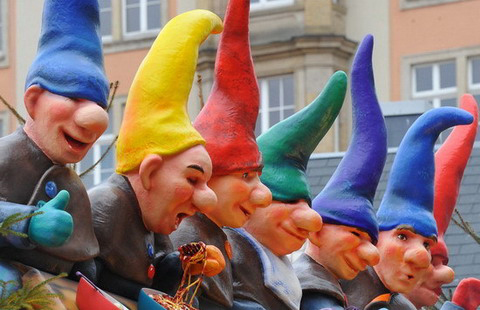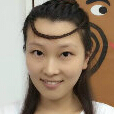Blending past with present
(China Daily) Updated: 2014-10-30 07:56Some museums in China have turned to their collection of cultural relics for inspiration to design modern cultural products. In fact, some of these designs are quite popular with consumers. Finding the right traditional cultural elements to fit into profitable business models is the key to success. And the profit earned from the cultural industry can be used to protect the historical relics and spread traditional culture, says an article in China Youth Daily. Excerpts:
The Palace Museum in Beijing has designed an earphone in the shape of a coat bead, a kind of decoration for senior officials during the Qing Dynasty (1644-1911). And a Sichuan museum has made biscuits in the shape of bronze masks unearthed from the Sanxingdui ruins, said to be between 3,000 and 5,000 years old.
The innovative earphones and the biscuits have been lapped up by consumers. Consumers have said that they enjoy the happy marriage between history and consumer products, and that the designs are cool and convey rich cultural and historical meanings.
China needs such innovative cultural products to raise young people's awareness of history and traditional culture. The coat-bead earphones and bronze-mask biscuits are a good combination of history and modernity.
Seeking the help of relics to make products for the modern market is an innovative use of history that could benefit China's cultural and tourism industries. Souvenir makers who target tourists can draw a lesson from the two products to make specialty products that use history as their inspiration.
But in this innovative quest, State-run museums should take strict measures to protect their intellectual property rights on the products, which are actually part of public property.











